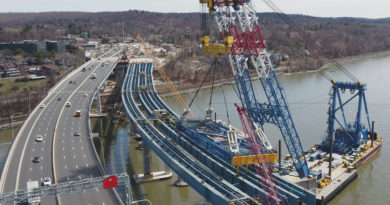AI for Energy
Achieving an equitable clean energy economy by 2050 and enhancing the Nation’s resilience to climate change will necessitate a significant acceleration in the modernization and decarbonization of the United States’ electric grid. Artificial Intelligence (AI) has the potential to greatly improve the management of the grid, one of the most complex and reliable systems on earth.
According to the Department of Energy, beyond the grid, AI can also support a range of applications to help achieve our climate goals. Reaching net-zero greenhouse gas emissions across the economy requires addressing unique challenges across many sectors that have major impacts on energy and the grid – including transportation, buildings, industry, and agriculture.
Widespread deployment of AI requires thoughtful consideration of societal impact as well as any threats that could arise from misuse of AI systems or malicious applications of AI. It is crucial that these new AI use cases do not introduce risks to the grid or individuals. DOE remains committed to the safe, secure, and responsible deployment of AI in all areas of its mission.
Key opportunities identified in the report include AI-accelerated power grid models for capacity and transmission studies, large language models to assist compliance and review with federal permitting, advanced AI to forecast renewable energy production for grid operators, smart grid applications of AI to enhance resilience, and optimization of planning for electric vehicle charging networks.
In preparing this report, DOE participated in multiple listening sessions hosted by the White House Office of Science and Technology Policy with a variety of stakeholders. A Request for Information (RFI) was also issued to solicit input on how AI can ensure a secure and resilient power grid; improve planning, permitting, and investment in the grid; and mitigate climate risks.


